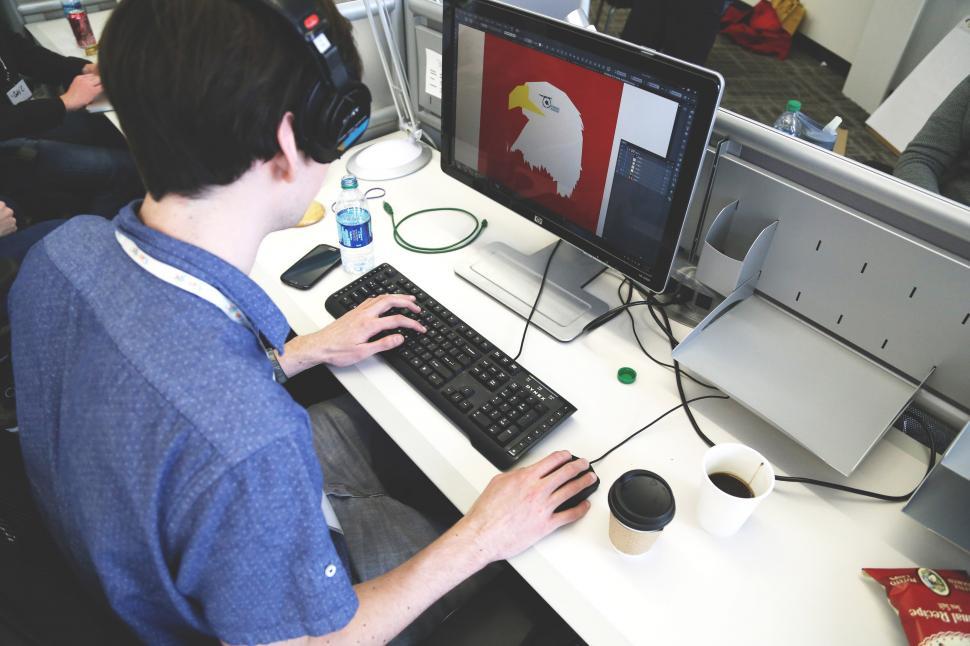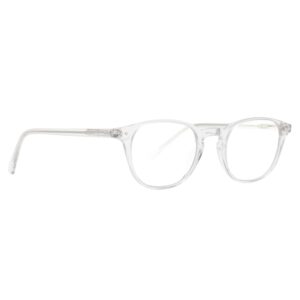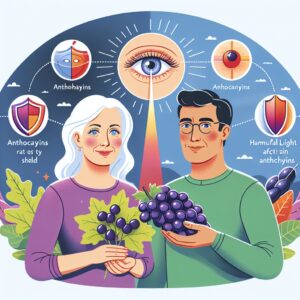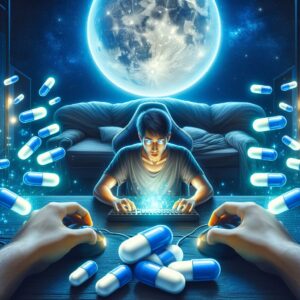
Key Takeaways
- Excessive blue light exposure from screens can strain graphic designers’ eyes, potentially leading to long-term damage.
- Blue light supplements can help shield the eyes, with ingredients like lutein and zeaxanthin being particularly beneficial.
- It’s important to choose high-quality supplements from reputable sources and to understand the optimal times for consumption.
- In addition to supplements, wearing blue light blocking glasses and implementing lifestyle changes can further protect eye health.
- Regular eye exams are crucial for maintaining eye health and should be paired with protective measures against blue light.
Shield Your Eyes: Blue Light Supplements for Graphic Designers

“Free Stock Photo of Graphic design …” from freerangestock.com and used with no modifications.
Graphic designers, like you, spend countless hours in front of screens. This digital dedication, while essential for your craft, comes with a hidden cost—exposure to blue light. It’s the kind of light that screens emit plenty of, and it can be tough on your eyes. Over time, too much of it can lead to eye strain, headaches, and even disrupt your sleep. That’s where blue light protection supplements come into play, offering a layer of defense for your precious peepers.
Why Blue Light Can Be a Concern
Let’s dive into the why. Blue light isn’t all bad; in fact, you need some of it during the day to stay alert and regulate your sleep-wake cycle. But too much blue light, especially in the evening, can throw that cycle out of whack. Plus, it’s believed to contribute to digital eye strain, because it scatters more easily than other visible light and makes it harder for your eyes to focus.
Long hours of exposure can also lead to something called Computer Vision Syndrome, with symptoms like dry eyes, blurred vision, and neck pain. And there’s more—research suggests that overexposure to blue light might increase the risk of macular degeneration, a serious eye condition. That’s why it’s crucial to consider blue light protection as part of your daily routine.
Types of Blue Light Supplements

So, what can you do about it? Enter blue light supplements. These are packed with nutrients that are thought to filter and protect against blue light. The most talked-about are lutein and zeaxanthin—naturally occurring carotenoids found in your eyes. They’re like internal sunglasses, helping to absorb blue light before it can do harm.
Another key player is omega-3 fatty acids, which support overall eye health, while vitamins C and E work as antioxidants, protecting the eyes from damaging free radicals. You might also come across bilberry extract, which is touted for its vision-supporting properties.

When choosing a supplement, consider the following:
- The presence of lutein and zeaxanthin.
- If omega-3 fatty acids are included.
- Whether there’s scientific backing for the ingredients.
- The reputation of the brand and the quality of their products.
Incorporating Supplements Into Your Routine
Adopting a new supplement into your daily life might seem daunting, but it’s all about creating a habit. Most importantly, consistency is key. By taking your blue light supplements at the same time each day, you’ll not only remember to take them but also maximize their potential benefits for your eye health.
When to Take Blue Light Supplements
Timing can make a difference. Generally, it’s best to take these supplements during a meal, as the fats from your food can help with the absorption of the carotenoids and fat-soluble vitamins they contain. Breakfast or lunch are good times, as they provide an opportunity to bolster your eyes’ protection before you’re exposed to blue light throughout the day. And don’t forget to follow the dosage instructions on the label or as recommended by your healthcare provider.
Crafting a Designer’s Diet for Eye Care
Besides supplements, you can also support your eyes through your diet. Foods rich in lutein and zeaxanthin include leafy greens like spinach and kale, as well as eggs and corn. Omega-3s can be found in fish, such as salmon and mackerel, and for those antioxidants, look to fruits like oranges and berries. Here’s a simple tip: aim for a colorful plate—it usually means a variety of eye-friendly nutrients.
Other Protective Measures Against Blue Light
Supplements are just one piece of the puzzle. There are other strategies to consider that can work in tandem with your blue light protection regimen. Let’s explore them.
Physical Barriers: Glasses and Screen Protectors
Blue light blocking glasses are a popular choice and can be especially helpful if you find yourself working late into the evening. They have special lenses that filter out blue light, reducing the strain on your eyes. Screen protectors with similar filtering properties can also be applied directly to your devices for an extra layer of defense.
When choosing glasses or screen protectors, look for ones that block out the most harmful range of blue light, typically around 400-450 nm. This will ensure you’re getting the most protection without affecting your ability to work with color, which is crucial for a graphic designer.
Lifestyle Changes for Enhanced Eye Protection
Small changes in your daily routine can have a big impact on reducing blue light exposure. Here are some actionable steps you can take:
- Adjust the brightness of your screens to match the lighting in your room.
- Take regular breaks using the 20-20-20 rule: every 20 minutes, look at something 20 feet away for at least 20 seconds.
- Ensure your workspace has adequate lighting to reduce glare and contrast from your screen.

“Computer Screen | Glare reflected off …” from www.flickr.com and used with no modifications.
Moreover, try to limit screen time before bed to help maintain your natural sleep cycle. The blue light emitted by screens can interfere with the production of melatonin, the hormone responsible for sleep, making it harder to wind down at night.
FAQ
Let’s address some common questions about blue light supplements for graphic designers.
How do blue light supplements assist graphic designers?

“Graphic Designer Working on Computer …” from www.pexels.com and used with no modifications.
Blue light supplements help by providing nutrients that can absorb or filter blue light, reducing its impact on the eyes. For graphic designers who spend hours in front of screens, this can mean less eye strain, reduced risk of macular degeneration, and better sleep quality.
Remember, while supplements can be beneficial, they should complement other protective measures like proper screen habits and regular eye exams, not replace them.
Can blue light protection be achieved through diet alone?

A diet rich in eye-healthy nutrients can certainly contribute to blue light protection. However, it can be challenging to get enough of these nutrients from food alone, especially for those with dietary restrictions or busy lifestyles. Supplements can fill in these nutritional gaps to ensure your eyes are well-protected.
Are there side effects to blue light supplements?
Most blue light protection supplements are safe when used as directed. However, as with any supplement, it’s possible to experience side effects, especially if you take more than the recommended amount. Always check with a healthcare provider before starting any new supplement, particularly if you have pre-existing health conditions or are taking other medications.
How does screen time affect the necessity for supplements?
The more time you spend in front of screens, the greater your exposure to blue light and the potential for eye strain and damage. Graphic designers are particularly at risk due to the nature of their work. Supplements, along with good screen habits, can help mitigate these risks.
Which other professionals should consider blue light supplements?
Anyone who spends significant time using digital devices should think about blue light supplements. This includes office workers, gamers, programmers, and anyone whose job or hobby involves prolonged screen use. It’s a universal concern in our increasingly digital world.
Protecting your vision is crucial, especially when your livelihood depends on it. By combining blue light protection supplements with other safety measures and lifestyle changes, you can help safeguard your eyes against the effects of blue light and maintain your eye health for years to come.


